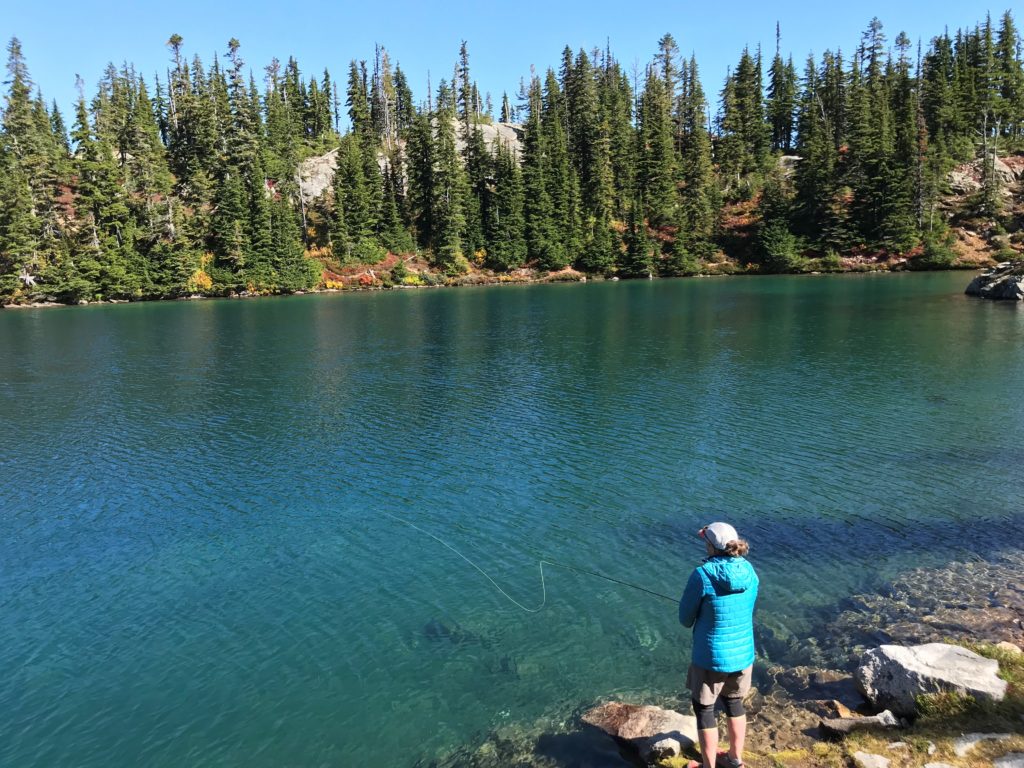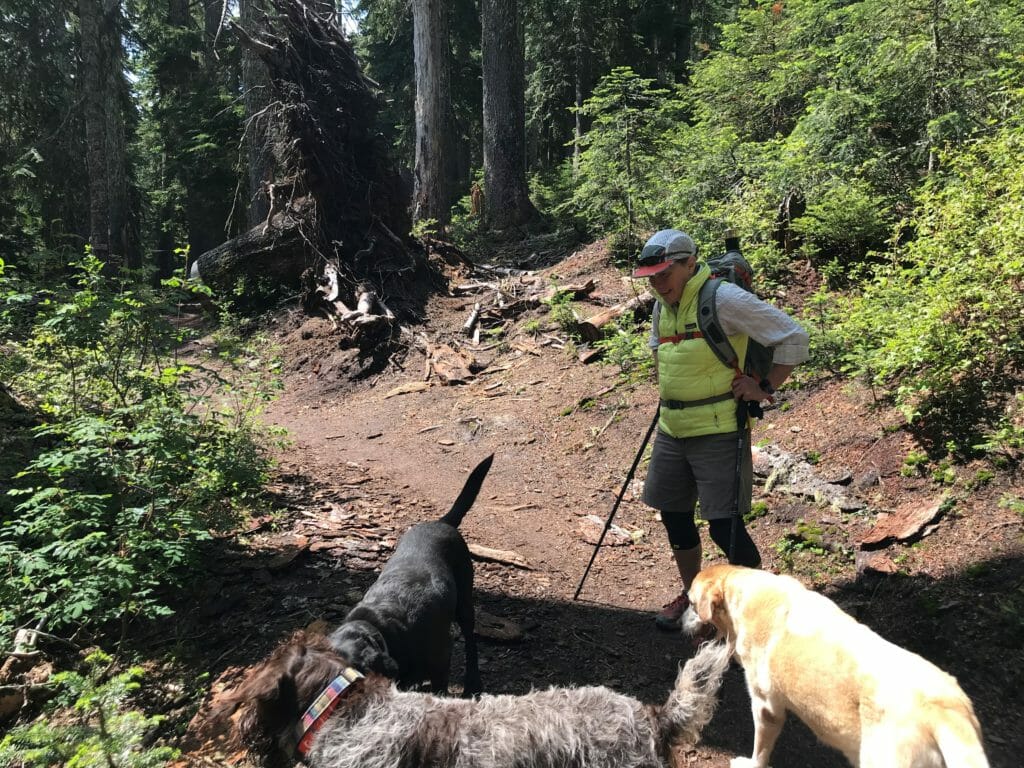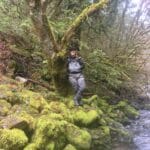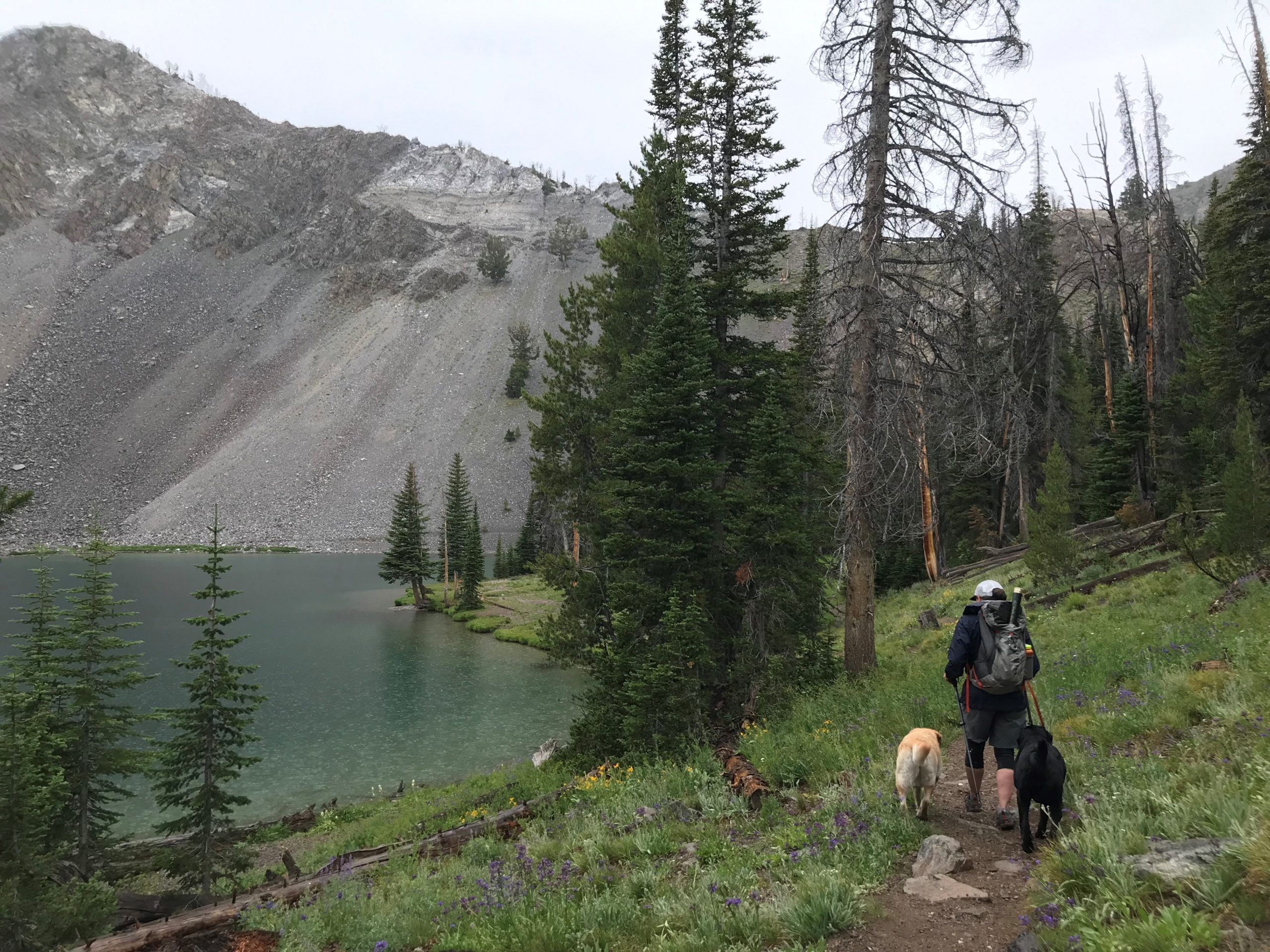We care about clean water, healthy fisheries and vibrant communities. We roll up our sleeves to volunteer, we sit on our boards, and we strategize as members and leaders of staff. We want you to join us.
Thanks to initiatives such as TU’s decades-old Women’s Initiative – now Diversity and Inclusion Initiative – and those of our partners, new groups have engaged in coldwater conservation and the sport of fly fishing. The aim of this blog series is to highlight these friends, in hopes of making many new friends of broad stripes. In this series you’ll meet people of diverse communities – our good ideas, what we have in common, and where we differ. Know someone we should feature? Nominate them here.
Since it’s not possible to sit down and have coffee or spend an afternoon on the river to show you what we’re up to, a blog post will have to do. As you read, we hope you’ll consider joining us. We need your ideas to help make a bigger impact. Together, we’ll help protect the special places we love.
Kim’s nomination was one of the shortest, but it got right to the point: “She has been INDISPENSABLE to our [work in Washington state] and she is a bad ass fly fisherwoman.”
Introducing, Kim McDonald (@shelterwood55 on Instagram)
What is your hometown and current town: Seattle, Wash., and nowadays Seattle and Cashmere.
What is your history with conservation? I grew up being a city mouse/country mouse. My extended family owned a cattle farm (we never called it a ranch) along the Nisqually River in western Washington. I spent weekends and summers roaming over 250 acres with my cousins, and grew to love just being outside. As I got older I also would spend two weeks at a Girl Scout camp along Hood Canal where we would go on these 50 mile hikes in the Olympics and canoe trips along the canal. Along the way my parents, ever the trailblazers, gave me mountain climbing lessons for my 16th birthday and made sure I got to bird along with Hazel Wolf, an icon of conservation here in the PNW. I then had a period of my life where I went full-on city girl, working 24/7 in a skyscraper and barely even getting outside except for my morning run. When I finally woke up was a river trip I took down the Green River into the Colorado. I came back to Seattle, packed up the dog, and moved to NYC to work for National Audubon Society, who allowed me to return to school to get a Masters in Forestry, then a PhD, so I am now able to back up my conservation advocacy with science.
The only way I can [do what I love] is if I am doing something to make sure the habitat, the water, the fish are given as good a chance to thrive as they have given to me.
Kim McDonald
What is your history with fishing? My grandfather was a fly angler back in the day when he could walk out the farm house and catch salmon in the Nisqually. He fished with classic bamboo fly rods. But I didn’t take up fly fishing until I lived in New York. A colleague at work fished, so I bought a Cortland “outfit” and he took me to the famed NYC watersheds where I learned to cast. Then I started working my way up the “I need another rod” addiction. By the time I moved back to the PNW I was mainlining fly fishing catalogs and beginning to tie flies. Now I tie flies daily and find myself standing in epic rivers all over the west, and a quick glance to where I store my fly rods…. well…. My current favorite however, is to hike to high alpine lakes or headwater streams and fish. Earning my fish, as they say!

Describe one challenge you face & how do you overcome it. When I first realized suction dredge mining was permitted in streams that had Endangered Species Act-listed fish here in Washington I was flabbergasted. I thought a quick phone call to some environmental organization would ignite fiery letters and end this practice. Boy, was I wrong. First, no one wanted to take on this issue, so I started cold calling every organization. I felt like I had nothing to lose. And thank goodness someone at TU answered the phone and realized they needed to deal with this crazy lady on the other end of the line!
What does giving back mean to you? Being outside, being able to catch and release fish with flies I have tied, being able to read water, holding a fish for a moment in my hands has changed my life. The only way I can do this is if I am doing something to make sure the habitat, the water, the fish are given as good a chance to thrive as they have given to me.
What was your first job? My first job was a grocery bagger for my grandfather’s grocery stores. I still bag my own groceries.
What’s your favorite book? My favorite book is Terry Tempest Williams Refuge. She is an amazing woman who is able to connect the natural world with her life and our lives.
Describe your perfect day. A perfect day (well, other than fishing Kelly Creek with good friends) is going to be when we get our suction dredge reform legislation passed by both the Washington State House and Senate and the Governor signs the bill. Perfect day. Editor’s Note: Thanks to Kim and the intrepid TU Team and partners in Washington, Kim recently got to have her perfect day!

What do you want to see in the future of Trout Unlimited or in conservation? One thing I am very impressed with is the number of women getting into fly fishing and fresh water conservation issues. And with women more involved, I think you are going to see more children, more people from urban and suburban areas get involved. Diversity is going to be key for any conservation organization to really be successful in the coming decade.
What is an example of something awesome you’ve seen that helps make conservation or fishing more inclusive to new groups of people? On our issue, as an example, TU is working effectively with PNW Tribes as well as utility districts, public health advocates, and the League of Women Voters. Don’t see those kinds of coalitions among many other conservation groups. TU is really great at bringing varied interests together and sometimes folks who in the normal course, don’t play well together. Somehow TU seems to have magic when it comes to getting people all pulling in the same direction.
Tell us about someone you admire. Wow, my pantheon of heroes is pretty large. But I think right now I really admire a “group” of people…it is pretty easy to get discouraged in these times. The civic dialogue is frequently mean and rough, protections for clean water or clean air that we all thought were settled are being repealed, public lands are under siege. If I was still a professional staff member of a conservation organization I would probably want to hide under my desk. So I guess I really admire all the folks who get up every day, smile, and keep at it. When you think about it the volunteers, their families, the staff of TU just keep working on critical issues, against a lot of odds. That is impressive. You are my heroes.
Why TU? Well, see above.
If you want to join Kim and grow the community and work of Trout Unlimited, we encourage you to become a member! For a discounted first-time membership, click here.



